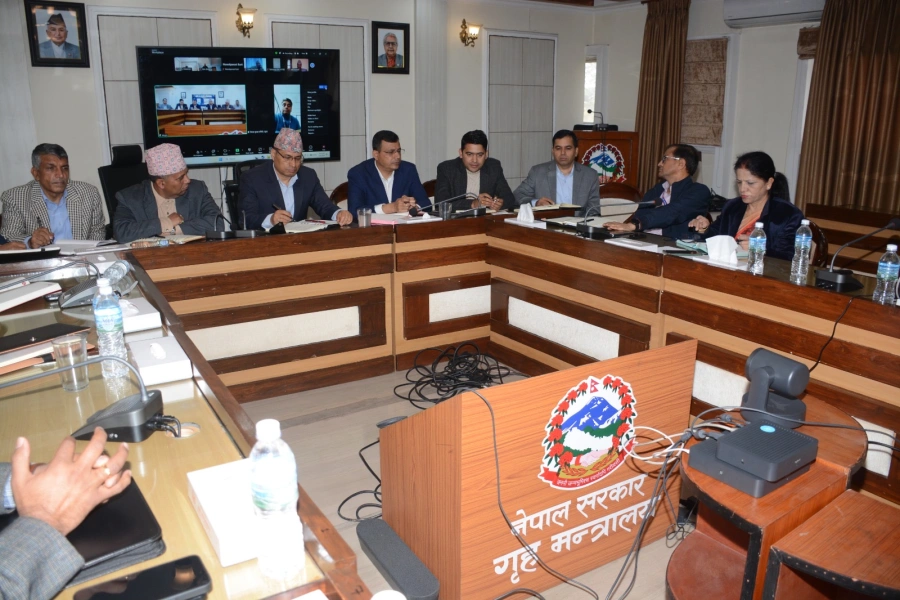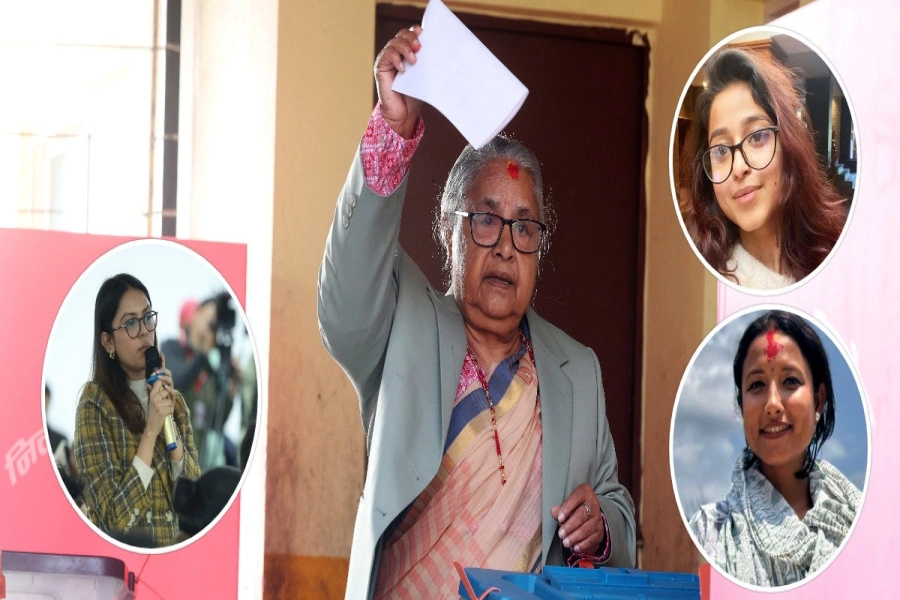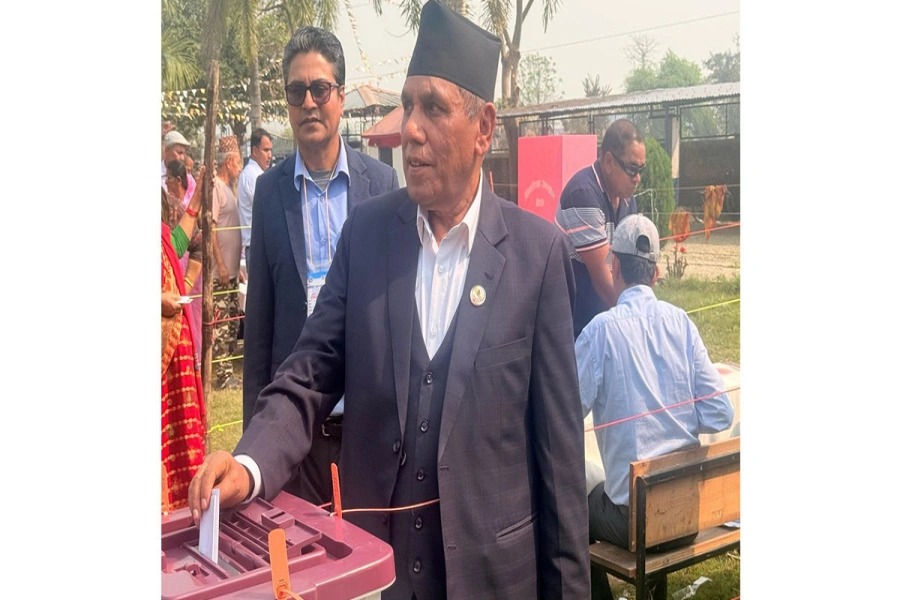One of the recent initiatives to foster inclusion focuses on the employment of persons with disabilities through quotas.
Inclusion is a key concept that is intrinsic to any effort to create a just and equal society. It is particularly important for persons with disabilities who are often excluded from society as result of their impairments and due to societal attitudes that equate difference with inferiority. But of late and as a result of developments in all areas of human rights, laws have been developed on non-discrimination on the grounds of gender, ethnicity and disability. Inclusion is these days widely seen as a goal worth pursuing, resulting in many benefits for the society.
Enforcing the rights of persons with disabilities through increased efforts towards inclusion essentially promotes social desirability and increases the value of inclusive behaviors. One recent effort to foster inclusion in respective countries focuses on the employment of persons with disabilities, through the introduction of a quota system to regulate the number of persons with disabilities employed by the state.
This is important. The employment rate of persons without disabilities compared to persons with disabilities is significantly high. Employers are hesitant to employ persons with disabilities for various reasons, including their fear of having to incur additional costs to support their employment as well as the assumption that persons with disabilities are not as productive as their able-bodied counterparts.
Legally bound
Possibility of work-from-home in Nepal

A disability employment quota is a most common tool to ensure high level of employment of persons with disabilities. When the quota system is established as a legal requirement, there are consequences for non-compliance. Further, the quota system can only be effective in an appropriate work environment. In this sense, conducive work environment may include the physical setting, information accessibility, awareness of disability and/or a willingness to take all the costs for the purpose of reasonable accommodation.
The UN Convention on the Rights of Persons with Disabilities (CRPD) specifies States’ obligations to ensure the ‘legal right of persons with disabilities to earn a living through work that they voluntarily choose or accept, and to prohibit discrimination based on disability in all forms of employment’. In 2007, on the International Day of Persons with Disabilities, the UN High Commissioner for Human Rights concisely and unambiguously declared that, the Convention guarantees the right to work.
Indeed, Article 27 (1) of the UN CRPD reads: ‘States Parties recognize the right of persons with disabilities to work, on an equal basis with others; this includes the right to the opportunity to gain a living by work freely chosen or accepted in a labour market and work environment that is open, inclusive and accessible to persons with disabilities’. Further, this Article provides that States protect and promote recognition of the right to work by employing persons with disabilities in the public sector as well as encouraging their employment in the private sector. It also urges states to do so ‘through appropriate policies and measures, which may include affirmative action programs, incentives and other measures’.
While Article 27 does not specifically mention quotas as a means to realize the right to work, it arguably implies this through the use of the words ‘affirmative action measures’. In fact, the Secretariat for the Convention on the Rights of Persons with Disabilities understands that ‘affirmative-action measures’ include employment quotas that aim to create equal opportunities by tackling structural disadvantages faced by certain groups. The Secretariat goes on to explain, ‘unlike reasonable accommodation, such measures are not intended to meet the needs of individuals’. Nor do such measures be in place in perpetuity. For instance, the Secretariat mentions that ‘affirmative-action measures are temporary and are intended to last only until the structural disadvantages have been overcome, either through compensation or by creating a more equitable system’.
Enhanced role
The right to work on an equal basis is provided under Article 27 of the CRPD. States are recognized as having enhanced roles in realizing this right. As employment of persons with disabilities is hampered by negative stereotypes and attitudes informed by notions that disability equates to inability, as evidenced in low the employment rates of those living with disabilities, the Convention addresses this issue in Article 8.
Article 8 requires state parties to raise awareness in society regarding persons with disabilities to promote awareness of their capabilities and contributions, to combat stereotypes and prejudices as well as to foster respect for their rights and dignity. Towards this end, state parties are required to initiate public awareness campaigns designed to promote recognition of the skills, merits and abilities of persons with disabilities, and of their contribution to the workplace and the labor market.
The quota system remains one of the most widely used elements of employment policies for people with disabilities. Despite the popularity of the quota scheme and their legal provisioning, their full potential is still far off, according to many disability scholars. Gundersen complains that ‘quota positions are often filled through internal rather than external recruitment’, and that employers’ fulfillment of quota obligations is most likely to benefit those who are closest to the labor market in the first place, rather than bringing about real change to the participation of persons with disabilities in society.
Here, it is important to consider that persons with disabilities often do not even qualify for certain positions due to insufficient training or level of education as a result of inaccessible education systems.
Quite comprehensively, Aoife, Pauline and Ralaheen have criticized the very nature of the quota system in that they start from the presumption that persons with disabilities are unable to enter or maintain employment in the open labor market. But, then, are today’s job markets really open to their participation?
Thus there should be greater focus on encouraging people with disabilities to compete for positions in public service through advertisement of accommodations available to facilitate their participation. Nepal should demonstrate great willingness and be prepared to live up to the requirements of the convention.
The author is a disability rights lawyer
dev_datta08@yahoo.com








































